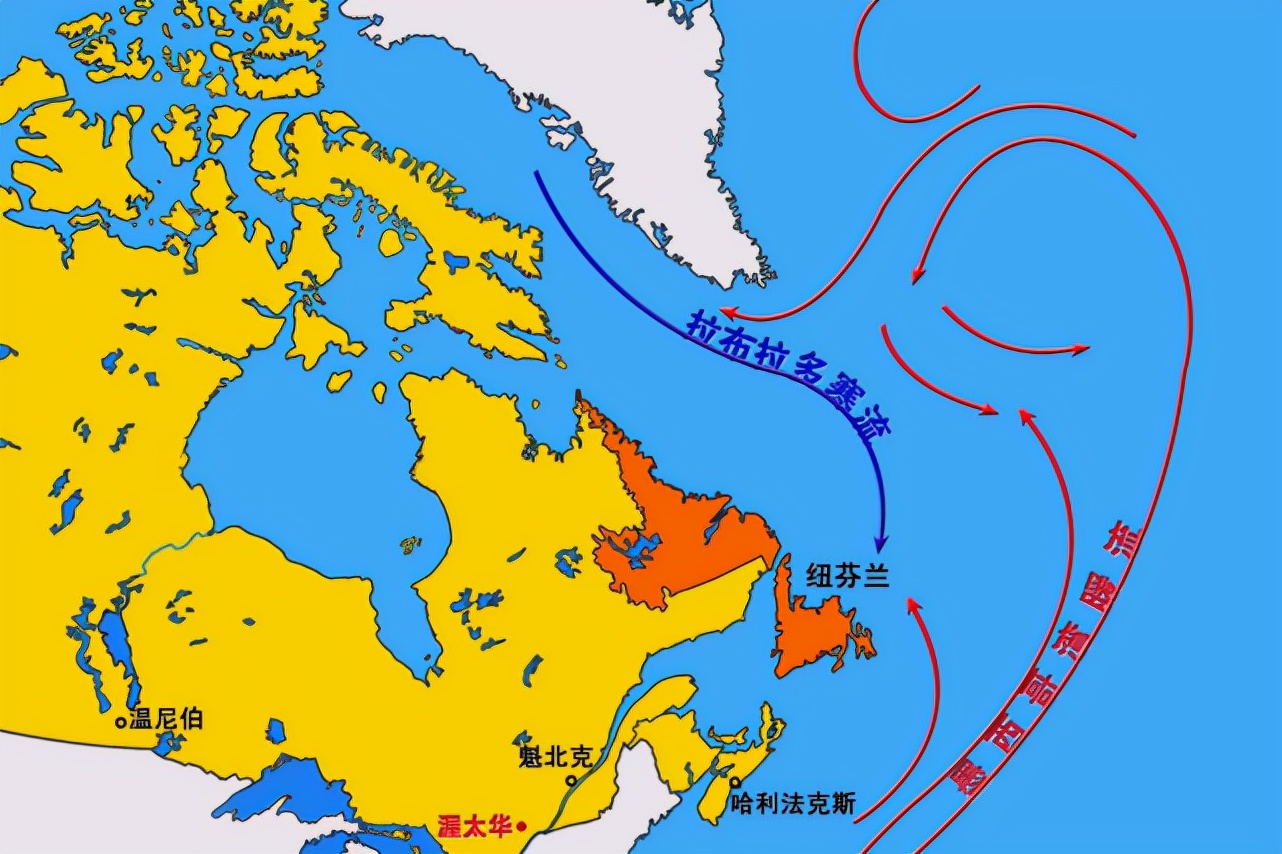For hundreds of years, Newfoundland fisheries have been able to survive by traditional small family-based fishing vessels, which catch small amounts of fish and avoid the spawning season.

However, after World War II, modern fishing operations were introduced, large mechanized trawlers began to be used, and hundreds of tons could be fished in an hour, which was enough to double the catch of a traditional fishing boat in the sixteenth and seventeenth centuries throughout the fishing season, and fishing boats from all over the world came to fish, and a large number of fishing boats fished for a long time, resulting in the continuous reduction of fishery resources in Newfoundland fisheries, and by the end of the 20th century, Newfoundland fisheries had "existed in name only".
Here is to say why fishing boats from all countries can come to fish, because there was no concept of the current exclusive economic zone of the sea, until the United Nations adopted the United Nations Convention on the Law of the Sea in 1982, the concept of the exclusive economic zone of the sea was introduced. So before that, other countries could come and fish, fish on the doorstep of others, how can sustainable development be taken into account, so European countries have been fishing cod in the waters of Newfoundland for hundreds of years.
Cod is also abundant in Icelandic waters, but Icelanders are very sustainable, and it is also because Iceland's other resources are not abundant, they expect cod to develop their economy. After independence, a series of measures were taken to protect marine fisheries. First a 3-nautical-mile coastal no-fishing zone was established, a 4-nautical-mile no-fishing zone was established between 1954 and 1957 to protect haddock and european flounder, in 1958 the territorial sea was extended to 12 nautical miles, and in 1972 it was shamefully upgraded to a 50-nautical-mile territorial line, and in 1975 a 200-nautical-mile exclusive economic sea area was established. In order to protect the country's fishery resources, even dared to confront the United Kingdom, from 1958 to 1976, there was a 20-year -long "cod war", which showed its determination. That's why cod is still abundant in Icelandic waters.
Back to Newfoundland, after the merger into Canada, the Canadian government did not care about cod, because Canada is already a complete industrial country, do not look at this small fish and shrimp, until seeing Iceland's "riot operation", the Icelandic waters are all owned by Iceland, forbidding fishermen from other countries, smelling money, and began to take most of the sea areas of Newfoundland fisheries into their arms. Invest in offshore fisheries and build large fishing fleets, but only from foreign large fishing vessels to Canada's own, poor cod has not been given a chance to recuperate. It didn't take long for them to find that they were catching fewer and fewer fish, with cod in the 90s reaching an all-time low of just 2 percent from 20 years ago.
In desperation, the Canadian government was forced to introduce a fishing ban on Newfoundland fisheries, prohibiting all fishing, but at this time there were no fish to catch, and the Europeans had been bankrupt after 500 years of fishing here. Twenty years after the ban on fishing, Newfoundland waters are still dead, with cod still missing. Even more frightening is that overfishing has destroyed the local ecology, cod genes have begun to mutate, and Newfoundland fisheries may never be able to recover.
Reprint Statement:
Part of the content of this article is reproduced from the Internet, for the reader's reference only, and the copyright belongs to the original author. We share this article for the purpose of disseminating more information. If there is infringement, please leave a message to contact us to delete, thank you!